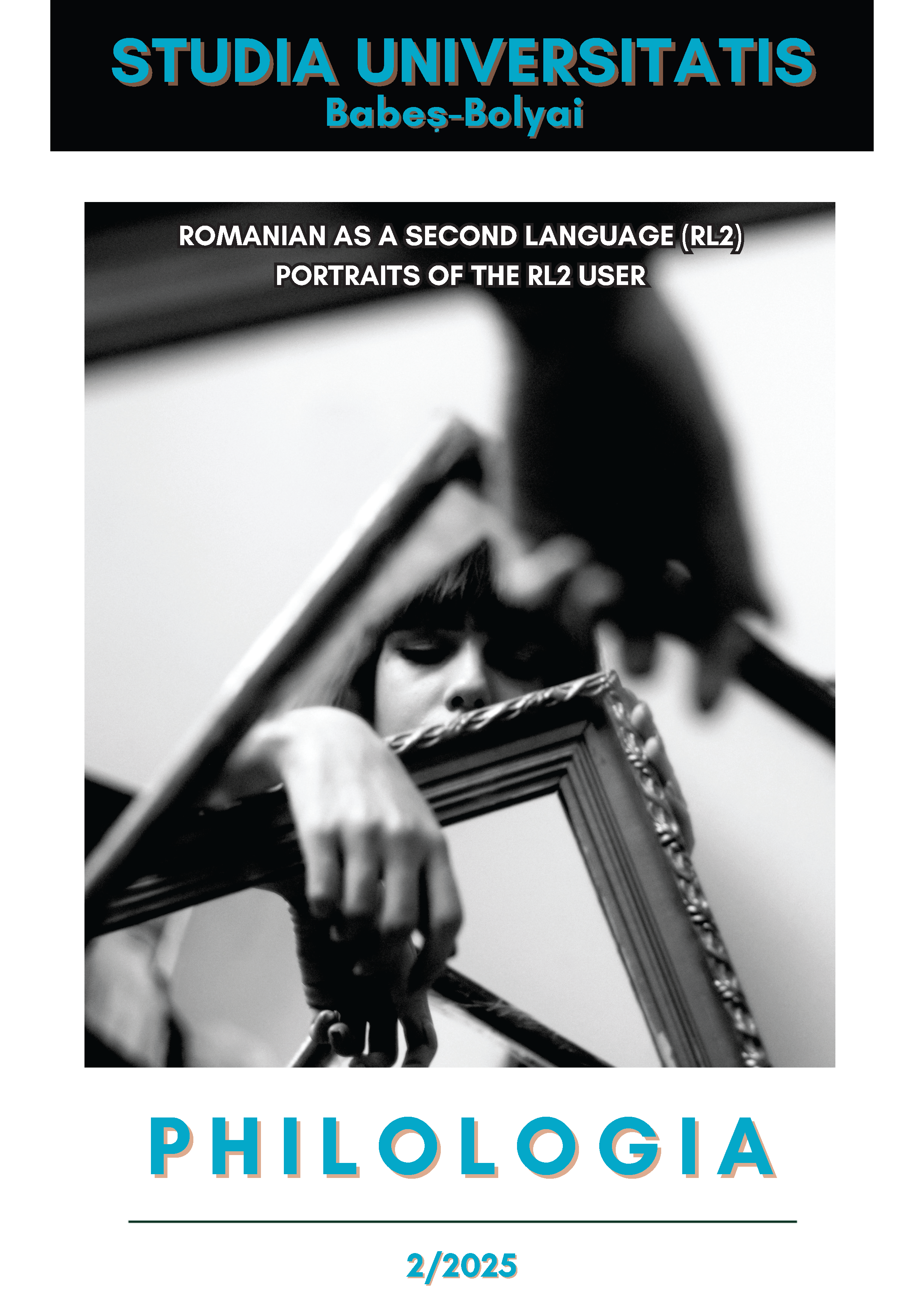Pia Brînzeu, „Shakespeare: între cer și pământ”, Timișoara: Editura Universității de Vest, 2024, 456 p.
Abstract
The idea of Shakespeare as a demiurge is not new. Critics such as Harold Bloom famously argued that Shakespeare “invented the human,” and Thomas De Quincey considered the Bard to be much more than an artist and compared Shakespeare’s works to natural phenomena that exist beyond human capabilities (On the Knocking at the Gate in Macbeth). The idea infiltrated even Romanian poetry. Marin Sorescu opened one of his poems with the line: “Shakespeare created the world in seven days.”
Building on such interpretations, Pia Brînzeu offers an in-depth analysis that both supports and expands previous theories. What sets her study apart is the way she approaches the Shakespearean cosmos from a surprising angle: she examines Shakespeare as a demiurge who, like a primordial creator, relies on all four classical elements – earth, water, air, and fire – to construct his fictional worlds. By doing so, Brînzeu provides a fresh perspective on how Shakespeare shapes not only his plots, but the very fabric of his dramatic universe.
Downloads
Published
How to Cite
Issue
Section
License
Copyright (c) 2025 Studia Universitatis Babeș-Bolyai Philologia

This work is licensed under a Creative Commons Attribution-NonCommercial-NoDerivatives 4.0 International License.



